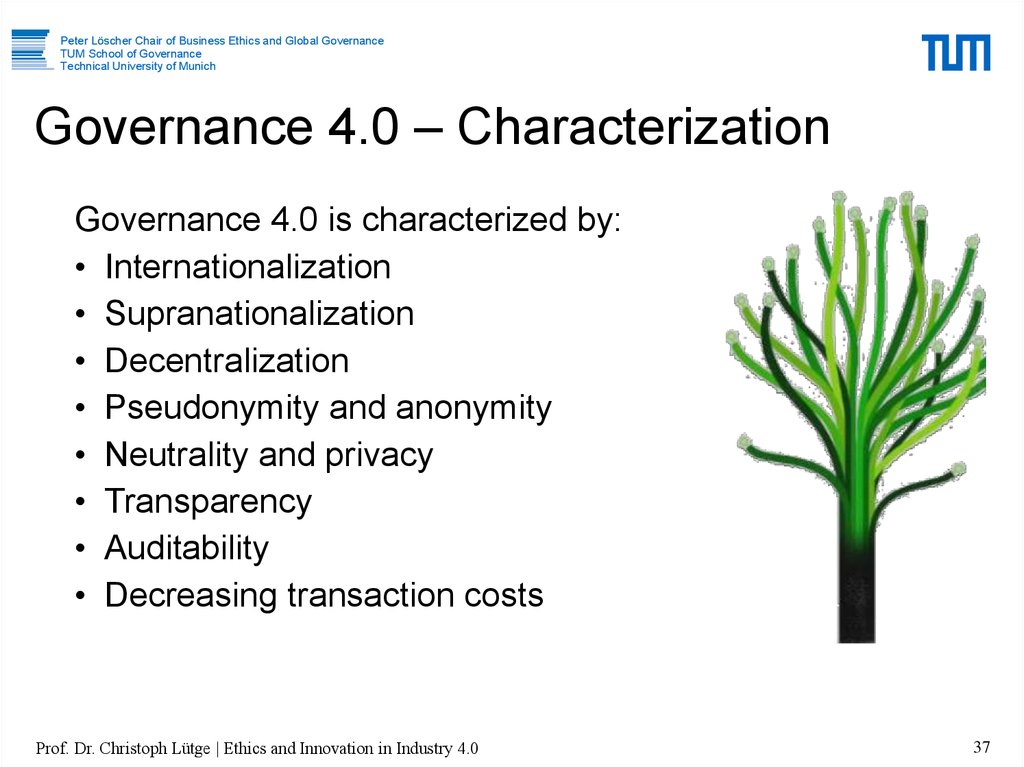Free Courses Sale ends Soon, Get It Now


Free Courses Sale ends Soon, Get It Now



Figure 2: No Copyright Infringement Intended
The covid pandemic and the several crises it created may begin to fade in the coming year, but a slew of other issues, ranging from the failure of climate action to the deterioration of societal cohesiveness, do not appear to be going away. To address these issues, leaders will need to adopt a new, more inclusive governance style. People's faith in their leaders, on the other hand, appears to be eroding in recent years.
'Governance' refers to both the process of making decisions and the process of putting those decisions into action (or not). It can be used to corporate governance, international governance, national governance, and local governance, among other things.
© 2024 iasgyan. All right reserved